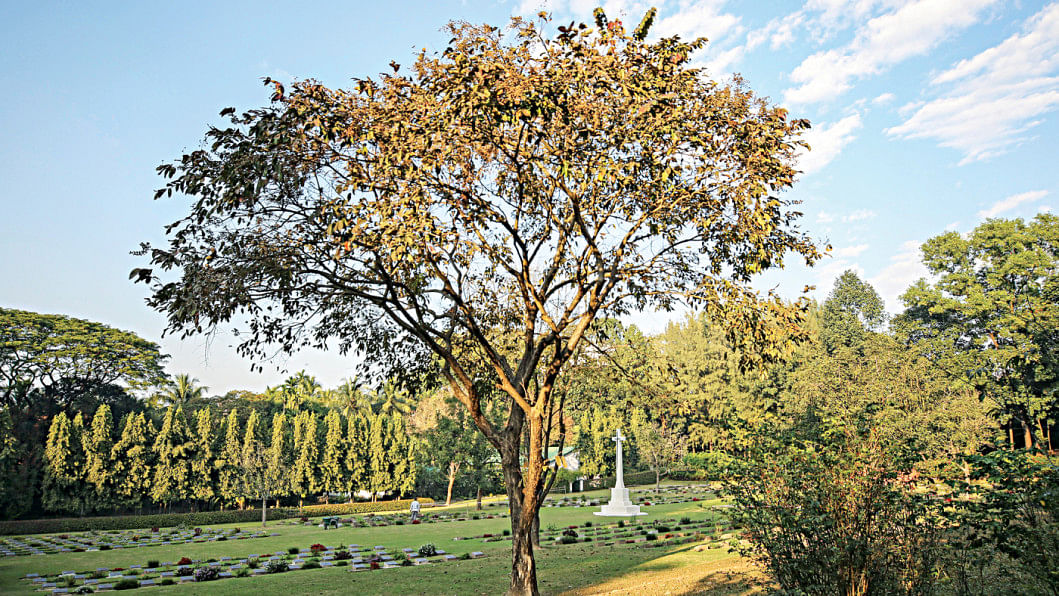A Unique Dialect

Sitting at the corner of my bed at 3 AM, I'm overloading my brain with random stuff. It isn't my Instagram feed keeping me awake for so long. Rather it's my gallery. It's the memories that I had made over the past few years, giving me instant flashbacks.
While scrolling down I find this one photo which reminds me of the days my friends and I used to hang out. Going to the Chittagong War Cemetery, sitting under a specific tree, and discussing all the irrelevant things in life.
My memory takes me back to that day.
I randomly asked my friend Salma if she had ever tried shutki bhorta. She replied, "No hai ai."
Our whole squad burst into laughter hearing her broken Chittaingya. We were amazed that our non-Chittagonian friend was trying to speak in our dialect. It was heartwarming, but at the same time I had to correct her.
"You are wrong. It's actually–ai aizo no hai."
"Okay. I admit I still need to improve on my Chatgaiya. I wonder what's so special about this language..." she said.
"Everything about Chittagong is special," I told her. "And the dialect is unique on it's own. Just to let you all know, it's an Indo-Aryan language which is closely related to Bangla."
"I heard that it's a member of Bengali-Assamese sub-branch," my friend mentioned.
"Yes, it is! Its sister languages include Sylheti. And more interestingly, it is derived from Pali. The accents do vary in some regions but the vocabulary has its own twists. Moreover, the grammar has similarities with Bangla. You will be fascinated to know that it includes a significant number of imported words from Arabic, Persian, Turkish and Portuguese," I went on.
"Really? How do you know all that?" my friends asked.
"My grandfather told me that during the ninth century, Arab traders came to this port city for trading and eventually left a huge impact in our dialect. The rural Chittagonian dialect loans about 50 percent Arabic and Persian vocabulary. Talking about the Portuguese, we already have a place called Firingi Bazar, named after them," I explained.
It feels so proud to be a Chittagonian. Or maybe it would be better to say "Sitainga".
"But Subah, please stop using 'je' at the end of each sentence," my friends implored. "I'm helpless. It's in my blood," came my reply. And my friends broke into laughter.
" Can you please stop clicking so many photos, Rubayat?"
"This candid came out really good. Look?"
Back in my room, I kept wondering why I love this picture so much. Maybe because it is so real. Just like our Chittagonian dialect. It has been enriched with contributions from different foreign languages. This quality makes it more unique than any other dialect in Bangladesh. Every now and then when I speak in this dialect, it expresses the real me in its own charm. And using "je" at the end of sentences adds to its beauty.
I think I should go to sleep now.
The writer is a grade 10 student of Cantonment English School and College, Chattogram.

 For all latest news, follow The Daily Star's Google News channel.
For all latest news, follow The Daily Star's Google News channel. 



Comments